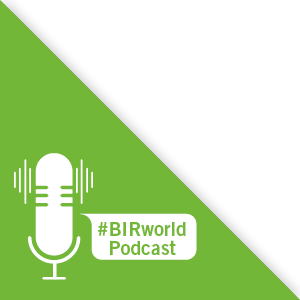Major cities in Japan have again called a state of emergency in January. Vaccines are expected to be allocated to the general public by spring at the earliest, so it seems there is still a long way to go. However, the effect of COVID on the domestic metals industry is less severe.
Japan’s No.1 copper scrap market is sluggish. Clove is especially hard to offload and has been sold into China at lower levels, supported by higher LME copper prices. There had been sufficient outlets for No.2 copper scrap but, in the first quarter of 2021, it faces reduced demand from a local smelter, a lower refining charge from another and also closure of the trading window with China ahead of the Lunar New Year holidays. Exports of cable and motor scrap are also taking a break because Chinese businesses in Malaysia have begun to refrain from buying, again ahead of the Lunar holidays.
In the aluminium market, continuously rising ADC12 prices have now swung sharply in the opposite direction - especially among Chinese consumers - and there is no particular buying interest, with the result that the domestic scrap market has switched from bullish to bearish. Local yards and dealers who had kept high inventories are rushing to liquidate them in expectation of lower buying prices from mills.
Domestic stainless steel scrap dealers have been having a hard time reflecting higher LME nickel values in their selling prices to local mills. At the same time, they are being squeezed by difficulties in exporting scrap because of rising ocean freight costs.

Nick Hinohara
Metal Solution Provider (JPN), Board Member of the BIR Non-Ferrous Metals Division
Country
 Japan
Japan
